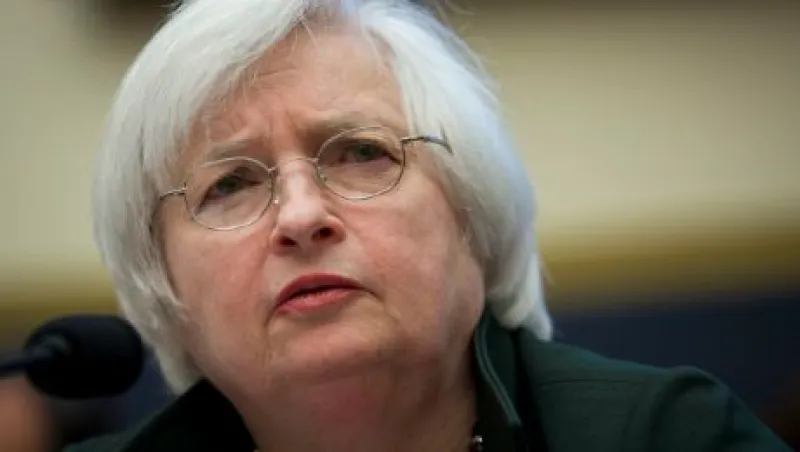There’s a 50-50 chance the Federal Reserve will start hiking rates in September, if pricing of futures contracts on the Fed funds rate are any indication. These odds come despite hawkish testimony by Fed Chair Janet Yellen in July and recent comments in the media by Atlanta Fed President Dennis Lockhart that a September liftoff is possible. The U.S. dollar gained against most primary currencies overnight after yields rose in Treasury markets on Tuesday as investors brace for tightening that consensus agrees will happen before the end of the year.
Mixed numbers comes out of Europe. July final Markit purchasing managers’ index levels released today for the primary euro zone economies revealed significant divergence, with the Spanish composite rising sharply to 59.7 while Italian and French measures retreated from June levels. Separately, June euro zone retail sales data released by Eurostat today included a 0.6 percent month-over-month contraction, significantly softer than consensus forecasts.
SEC to compel salary disclosures. Policymakers at the Securities and Exchange Commission will vote today to formally adopt a rule forcing public companies to disclose the ratio between key executives’ compensation and median workers’ wages. The rule is driven by legislation enacted in 2010 designed to rein in outsized compensation packages for high-ranking employees at large companies that may encourage excessive risk taking.
Neiman Marcus prepares for IPO. Dallas–headquartered high-end retail chain Neiman Marcus Group yesterday filed with the Securities and Exchange Commission to go public. The company, which counts the Canadian Pension Plan Investment Board among its major investors, reported 2014 revenues of nearly $5 billion.
European banks focus on capital levels. London–based Standard Chartered announced today that it will decrease its dividend to shareholders by 50 percent in a move to shore up capital without selling additional stock after first-half 2015 profits showed a year-over-year decline of more than 40 percent. In Paris, Société Générale announced a 25 percent year-over-year increase in net income for the second quarter, helped by increased trading profits. The company announced that it intends to raise its core capital ratio target to 11 percent by year-end 2016.
Bessent departs from Soros family office. On Tuesday it was announced that Scott Bessent will depart from the Soros family office, where has overseen investments for four years, to launch his own firm. Key Square Group will launch in 2016; the Soros family has pledged to invest $2 billion with the firm.
Shire launches bid for Baxalta. In just the latest merger move within the health care and pharmaceutical sector, yesterday Shire disclosed an unsolicited $30.6 billion takeover bid for Baxalta. The board of the suburban Chicago–headquartered drugmaker rejected the offer, saying that it “significantly undervalues” the company’s treatments for rare diseases.
Portfolio Perspective: A Curious Start to August — Jim Strugger, MKM Partners
Monday was a curious start to August.
Historically, it is one of the quietest months of the year, as evidenced by 20-day realized volatility of the S&P 500 Index over the last three years. Instead, WTI crude slipped 3.8 percent to a four-month low, dragging down the Bloomberg Commodity index by 1.5 percent. This brought the index back down to its level from 14 years ago, effectively round-tripping the entire 2000s commodity boom.
Although the Chicago Board Options Exchange Oil Volatility index has lifted off a June low, at 41, it is well below the 64 level touched in February. Other measures of cross-asset volatility suggest no spillover from this commodity swoon.
Even with yesterday’s equity drawdown, spot VIX closed at a benign 12.56 and the futures curve barely budged. We at MKM Partners are still of the view that underlying commodity and credit-related rumblings will assert themselves in the fall when they converge with Fed tightening and typical volatility seasonality.
Jim Strugger is a managing director and derivatives strategist for MKM Partners in New York.






